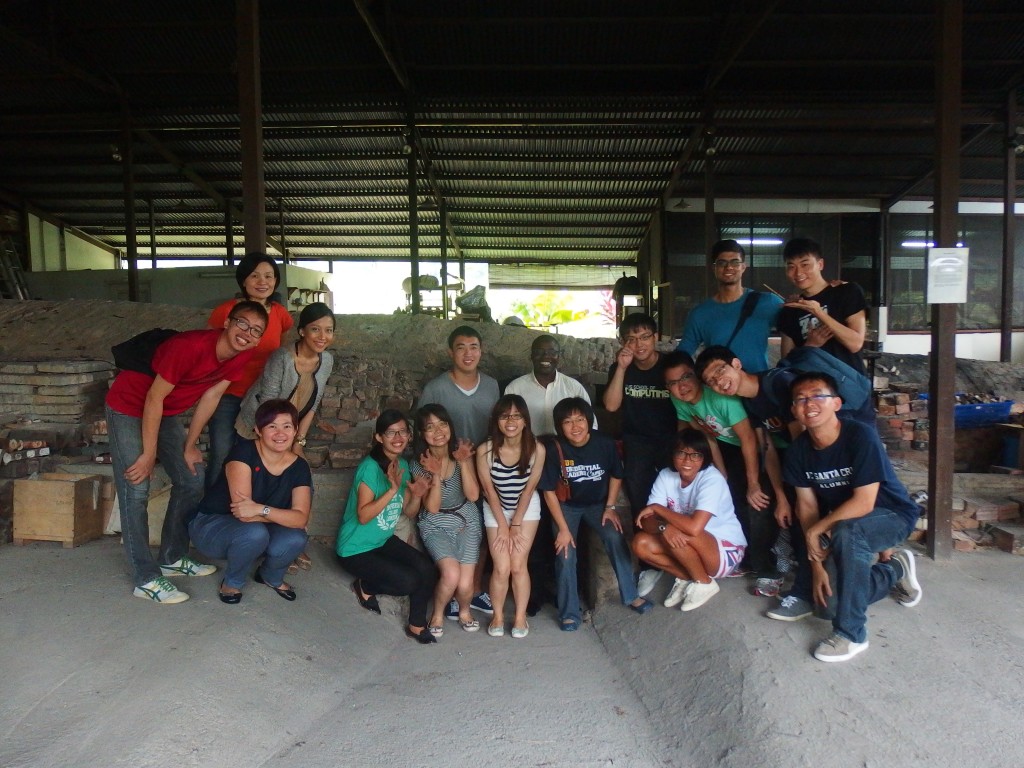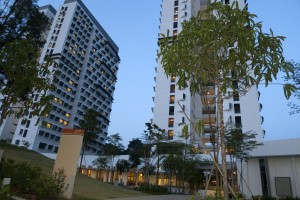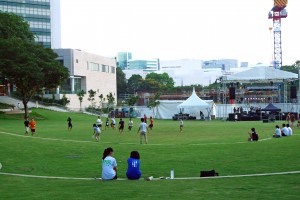In many Western societies, families regard going to university as a momentous coming-of-age event. It is often the first time sons and daughters will bid farewell to the comforts of home to spend an extended time away from their families, in a completely new and exciting environment, many miles away.
In Singapore, though many students continue to live at home with their families, the entrance into university also marks the beginning of a new adventure. I want to congratulate all freshmen and women who are matriculating into our local universities. They have worked hard to earn a place and there is much to look forward to. Singapore universities offer a world-class education and a transformative experience.
At NUS, students begin their academic journey with a grade-free first semester. NUS is a large and comprehensive university, comprising 16 Faculties and Schools which offer over 50 Bachelor disciplinary degrees. The grade-free semester presents a wonderful opportunity for students to engage in intellectual exploration. Beyond one’s chosen discipline, students can read and discover other subject areas of interest, acquaint themselves with perspectives and frameworks that other disciplines employ, and pursue intellectual inquiry in a broad range of subjects. This pursuit is encouraged in the nurturing yet rigorous scaffolds of a grade-free semester, where the university maintains high standards in grading, but students who score at least a C grade may choose to include or exclude their grade in their final grade. This policy allows for a gentler transition from pre-university to NUS and it encourages all new students to take a fresh approach and to pursue their curiosity and interests without fear of adversely affecting their grades.
Some freshmen and women may find the academic culture of university life very different from their earlier school years. The demands of university are different; one is expected to engage with a much greater degree of depth, independent thinking and learning. Professors will probe and question as part of the teaching and learning process; please do not feel intimidated or personally aggrieved. Students are expected to speak out and lay down their thoughts and ideas. We do not have ten-year series. It is also fairly difficult to get private tutors to help you. Instead, students will find themselves learning through active interaction with professors and peers, inside and outside class. The grade-free semester will help freshmen and women in transitioning to this new academic culture.
For many Singaporeans, university life is also the first time one is immersed in an international setting. Every year, NUS welcomes nearly 2,000 exchange students from abroad who spend a semester living and studying alongside NUS students. These interactions with international friends from different cultures, school systems and backgrounds, whether as hall mates, project mates or classmates, broaden everyone’s perspectives and outlook. This exposure gives us an appreciation of a global working environment and develops our cross-cultural competence.
There are many advantages of being part of a large campus community. There is much life, learning and enrichment beyond the classrooms. University life is about self-directed learning, where one is not compelled, but chooses how and what we want to be part of. I urge students to partake in the rich offerings of campus life, both in the varied academic curricular options and the wide range of co-curricular activities (CCA). At NUS, for instance, there are many performing arts groups, a wide range of competitive and recreational varsity sports groups, interest groups, and over 100 clubs and student societies. There are also many student-led activities at Residential Colleges and Halls of Residence. Students will thus have many avenues to try out new interests and activities. For students who have a specific interest, connect with others on campus who share the same passion. There are also avenues for students to lead and champion a cause, perhaps within the Residential College, Hall or Faculty, or even, to seed a business idea and/or establish a start-up. CCA experiences are often fun, rewarding and the memories and friendships forged will carry on for a lifetime.
In short, a university education is what we make it out to be. Alumni of NUS who visit our campus are often awed by the facilities and wide range of opportunities that undergraduates have today, from flexible degree pathways, to cross-disciplinary studies, entrepreneurial opportunities, overseas exchange, research and residential living and learning programmes – the possibilities are innumerable. Thus, to all freshmen and women, Carpe Diem! I wish them the very best as they embark on this exciting journey.



